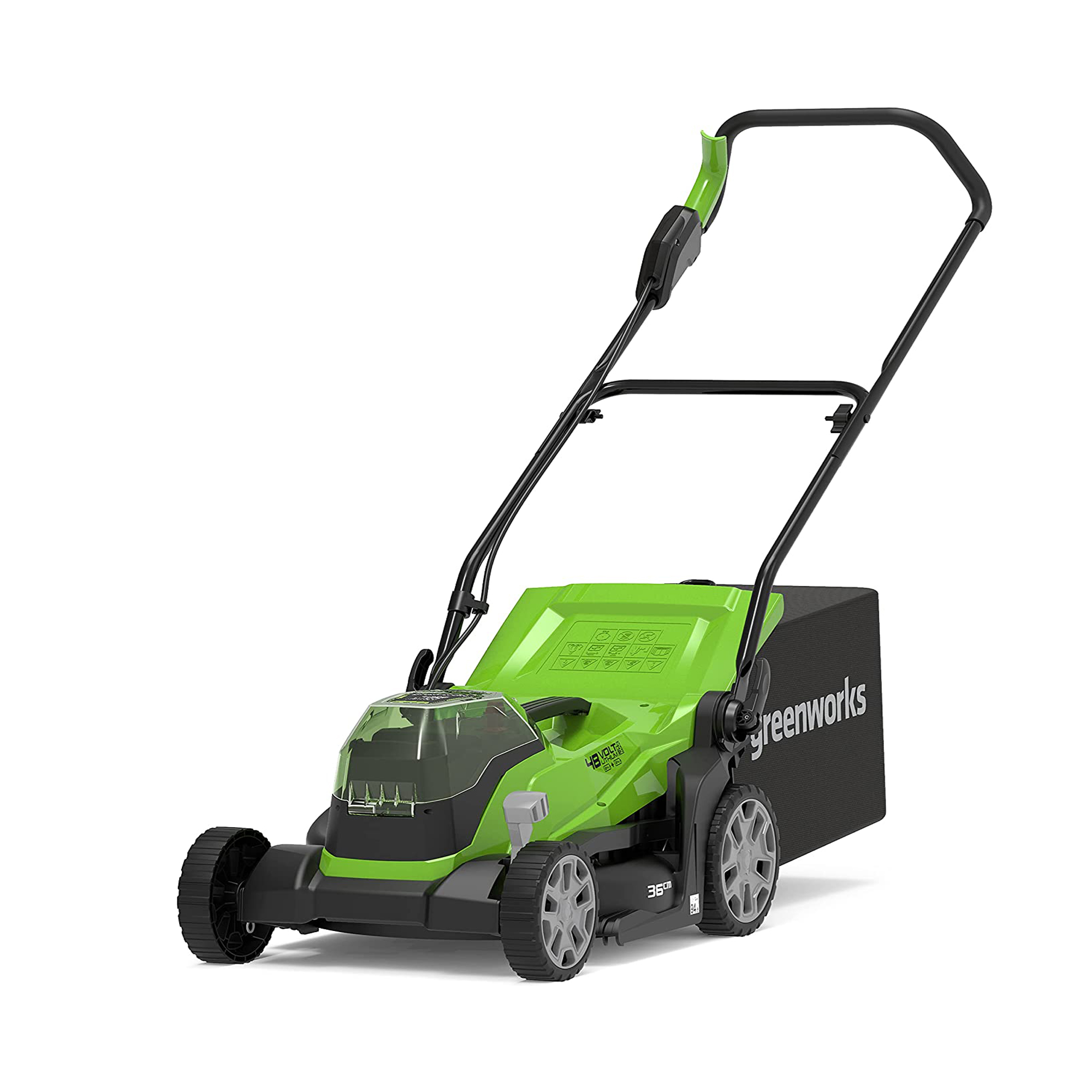When to stop cutting grass for winter – don't miss the window for the final mow of the year
This is when you should pack your lawn mower away

Sophie King
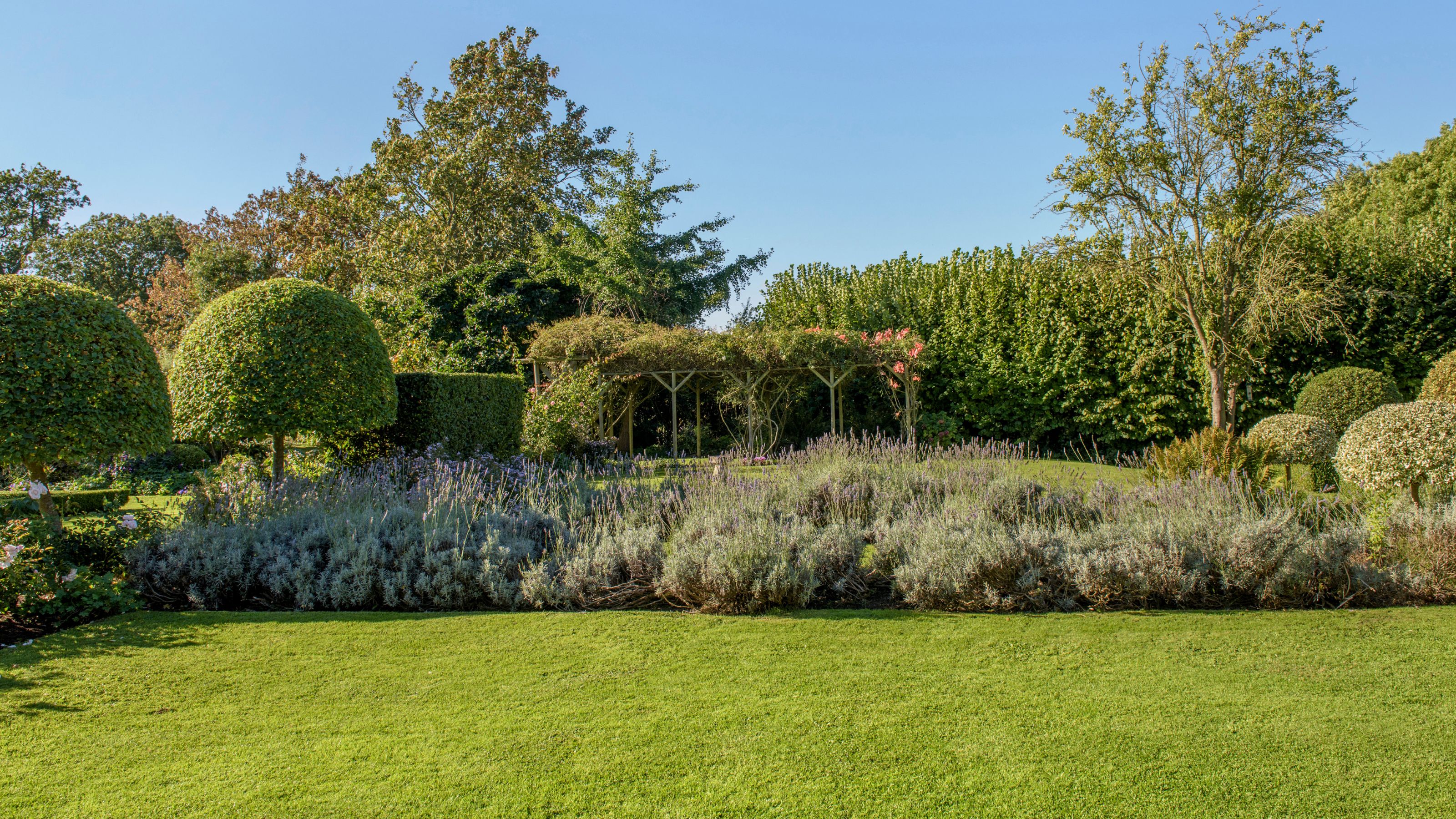
Sign up to our newsletter for style inspiration, real homes, project and garden advice and shopping know-how
You are now subscribed
Your newsletter sign-up was successful
The winter weather is fast approaching, and as the days shorten, you might be wondering when to stop cutting grass for winter.
Well, as daylight hours decrease, lawn growth naturally winds down to dormancy for the winter. And as all the best lawn care tips teach us, it's important not to mow our lawns too late in the year. But when exactly is that?
We checked in with gardening experts to figure out when to stop cutting grass for winter to help you keep your lawn care calendar in check.

When to mow your lawn for the last time before winter
It's a common misconception that you should stop mowing as soon as autumn arrives.
'Many Brits neglect their lawn as soon as the temperatures start to drop, but it’s those last few weeks before the colder months that are crucial to keeping the lawn healthy throughout autumn and winter,’ explains Nick Ee, gardening expert at Black + Decker.
That doesn't mean you should be mowing as often as you have throughout the summer, though. 'Begin by mowing less frequently and raising the height of the cut as the growth rate starts to slow into autumn, as this avoids increasing the risk of moss and weed growth,' says Paul Hicks, marketing and product manager at STIHL GB.
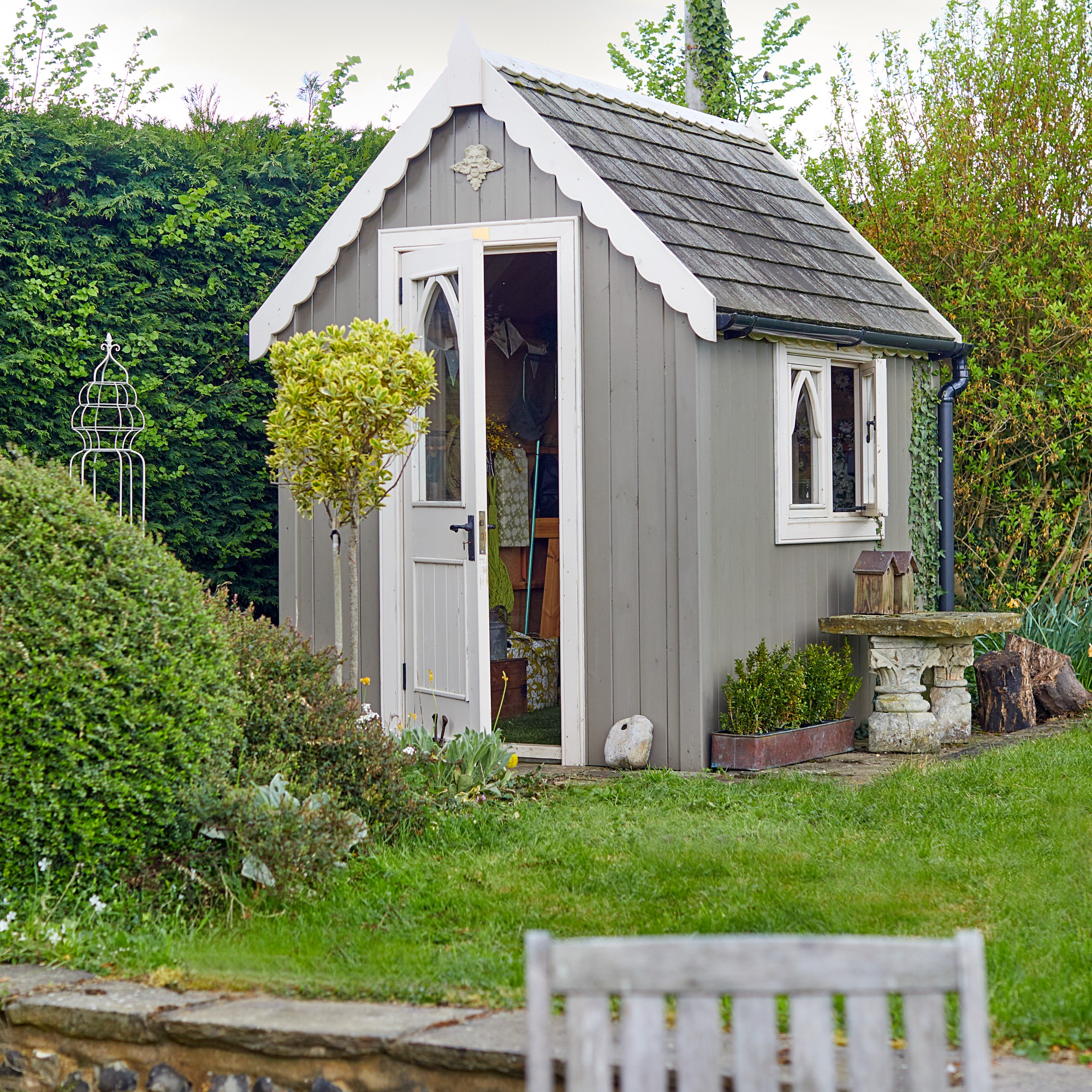
So when exactly should you stop cutting grass for winter? According to gardening expert Chris Bonnett, founder of Gardening Express, early November is the best time to mow your lawn for the last time before winter.
Sign up to our newsletter for style inspiration, real homes, project and garden advice and shopping know-how
'Cutting the lawn nice and short at this point in the year will help to keep the grass healthy throughout the winter, and will encourage better growth next spring,' Chris says.
Gardening expert Oliver Johnson at HomeAdviceGuide agrees that November is the best month to do your final mow of the lawn. 'At this time of the year, the lawn will grow much slower and won’t need cutting as often anyway. Frost can stop the growth, so after the first frost, your grass won’t need cutting at all again until the weather starts to get warmer the following year.'
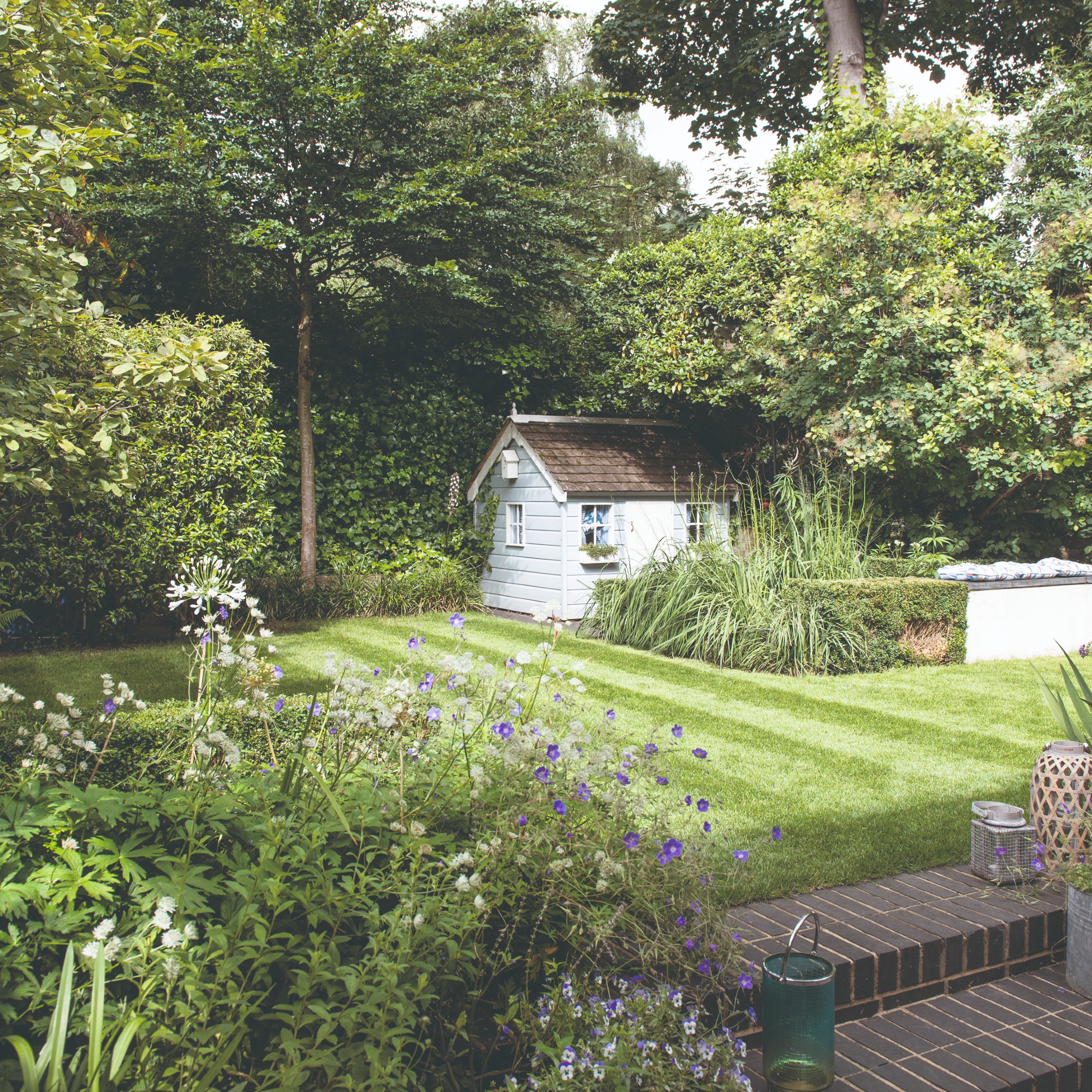
Rules around when to stop cutting grass for winter will vary from year to year depending on weather conditions, but November is generally the final month you should be bringing out the lawn mower.
Ideally, you should cut it to around 2-3 inches high. Any more than that, and you'll cause unnecessary stress on the grass, meaning you’ll no doubt be searching for ways to make your grass look greener when spring arrives. Then, you can start thinking about when to cut your grass again after winter.
Just make sure you aren't cutting wet grass to avoid making one of the most common winter lawn care mistakes. 'The reason you want to avoid mowing after a rainy spell is to reduce the threat of soil compaction, as wet soils can compact deeper and faster than dry soils,' says Cheryl Harper, managing director at Greensleeves Lawncare. 'Soil compaction reduces your lawn’s ability to absorb moisture, which leads to water pooling and can seriously damage the lawn.'
If you're in the market for one of the best lawn mowers, here are a few of our tried-and-tested top picks.
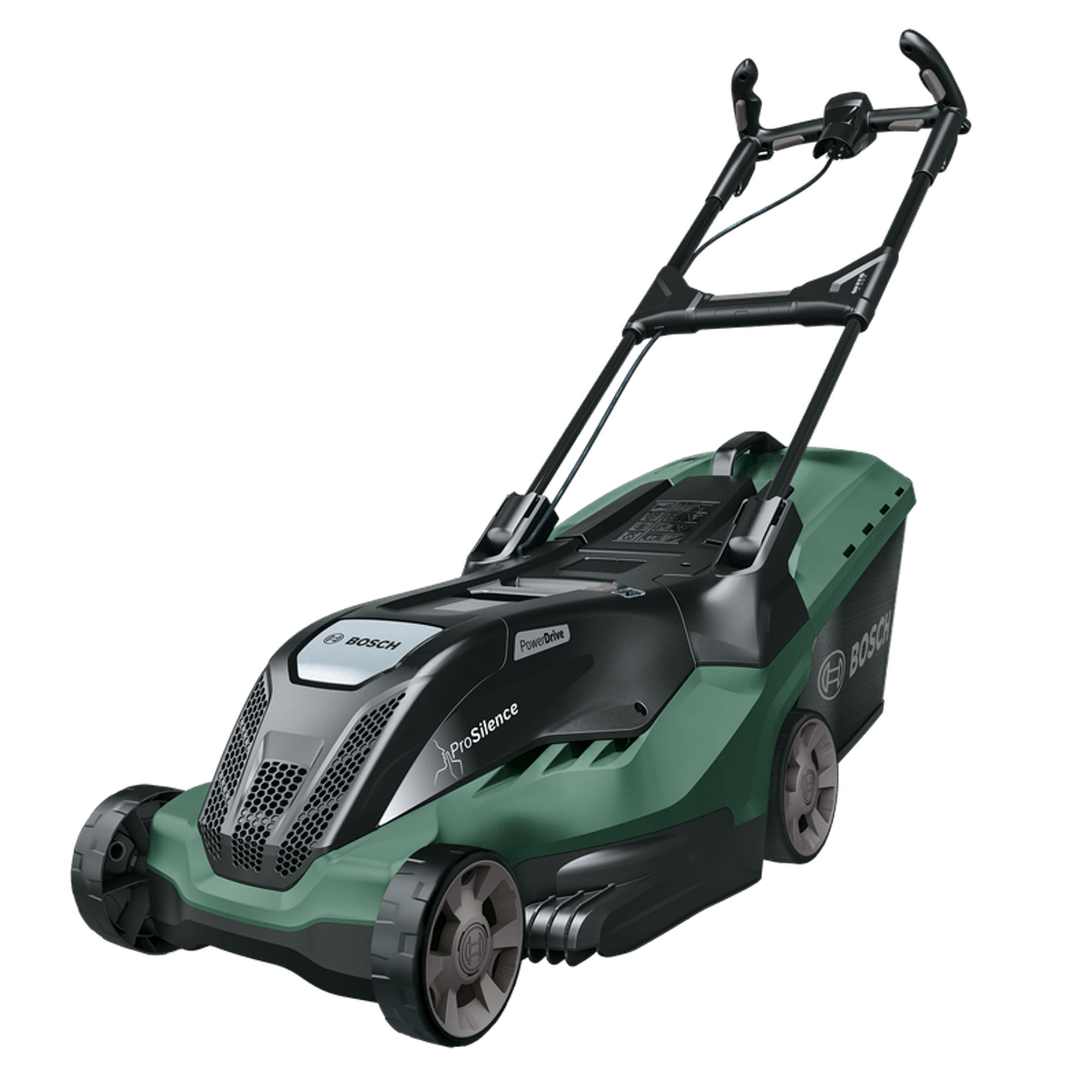
This model tops our list of the best lawn mowers – it's one of the quietest we've tested.
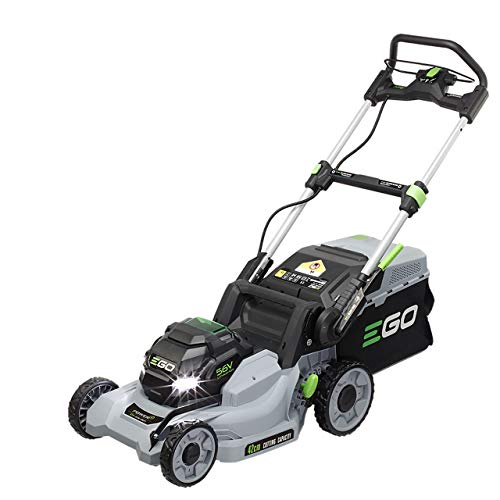
Our sleep editor, Amy, reviewed the EGO LM1702E-SP 42cm Self-Propelled Lawnmower and loved it.
FAQs
Is it best to leave grass long or short for winter?
Many experts believe it's better to cut your lawn shorter rather than longer when mowing it for the final time before winter.
'Ideally, you’ll want to cut the lawn shorter than usual to prevent it from becoming matted down, which can leave it more susceptible to diseases,' explains Chris from Gardening Express.
What months do you not cut grass?
It's wise to avoid mowing your lawn too late in November and during December, January and February.
Cutting your grass during the winter months could be detrimental to the health of your lawn – waterlogging or compacted roots could result in brown or dead patches, and your lawn may struggle to recover when it starts growing again next spring.
Once that frost hits, take it as a sign to safely pack your lawn mower away until warmer weather heads our way.

Amy Hunt is an experienced digital journalist and editor, now working in a freelance capacity specialising in homes and interiors, wellness, travel and careers. She was previously Lifestyle Editor at woman&home, overseeing the homes, books and features sections of the website. Having worked in the industry for over eight years, she has contributed to a range of publications including Ideal Home, Livingetc, T3,Goodto, Woman, Woman’s Own, and Red magazine.
- Sophie KingGardens Editor
